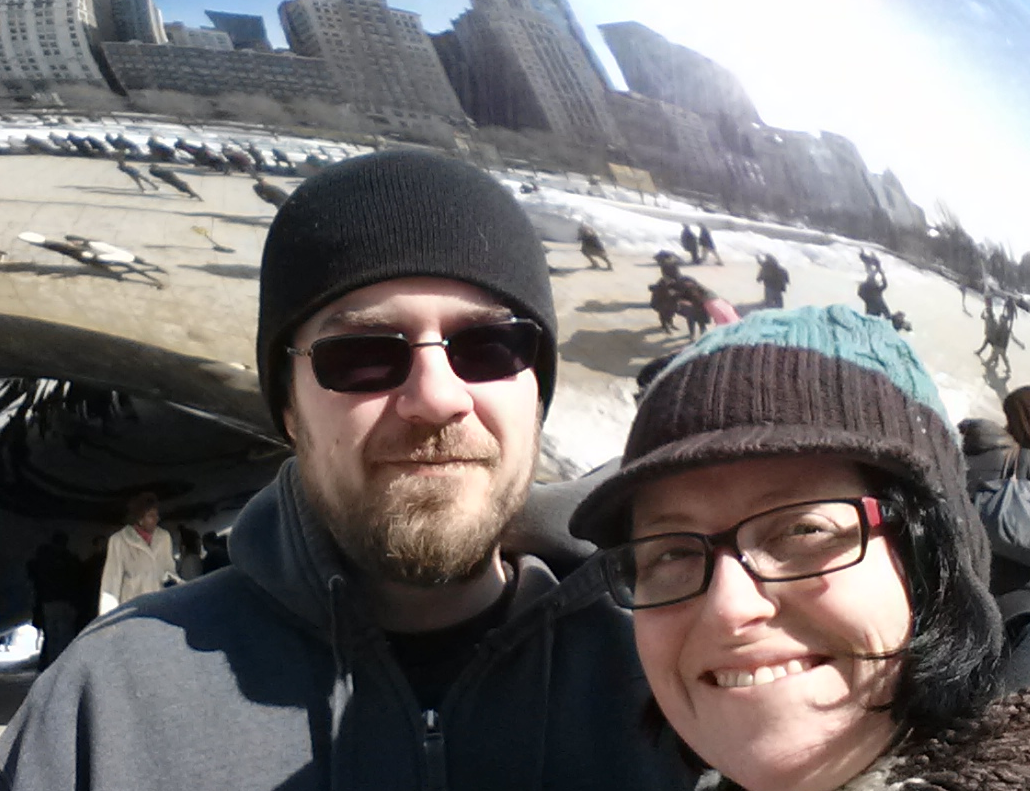What do you need to do to save the environment? What do you need to do to make the world a better place? Probably a lot less than what you’re doing right now.
Do you want to improve the world?
I don’t think it can be done.The world is sacred.
It can’t be improved.
If you tamper with it, you’ll ruin it.
If you treat it like an object, you’ll lose it.There is a time for being ahead,
a time for being behind;
a time for being in motion,
a time for being at rest;
a time for being vigorous,
a time for being exhausted;
a time for being safe,
a time for being in danger.The Master sees things as they are,
without trying to control them.
She lets them go their own way,
and resides at the center of the circle.
Certainly, if we would all drive less or consume less energy in general, there would be fewer oil well spills and more shrimp. If we wore our clothes until they stopped functioning instead of until they were out of style, there’d be fewer factories relying on labor conditions that border on semi-voluntary slavery.
Ah, but they’re being pushed off the farms, and they need jobs, and…
Yet we’re all actively pushing ourselves off of our own farms, so to speak. Does your leftover food go in to a compost pile and back in to the soil, or does it go to a landfill where it can be contaminated with the other waste products of modern societal whims? Do you let the clovers grow where they decide the soil needs nitrogen, or do you kill them off with herbicides just so you can add nitrogen fertilizer a few weeks later?
Action, action: effort. We didn’t get where we are by not trying enough, we’ve gotten here because we’ve been trying way too hard.
And I’m not saying we shouldn’t have computers, or TVs, or cell phones and even iPads: but why have we only been able to build a model of progress that requires the rapid consumption and disposal of high technology? We know the arguments: a car that runs perfectly for 30 years would put the car-makers out of business; there’s no reason to make electronic parts stable in the long term since they’ll be obsolete anyway; even houses are now built in a way that is more vulnerable to the elements in the long-run – but we’ll all have new houses by then anyway, right?
A forest doesn’t grow because you construct it – it grows when you let it be. We don’t have to throw away our technology, we should instead strive to evolve with it.
Yet there are certain physical properties we cannot even envision evolving out of in the relevant future. There is a circle of life on the planet that we’ve become individually detached from and collectively destructive to. We still rely on it, but for how long at the current trajectories? In a few short decades, we will have stripped the earth of resources and re-combined them in toxic ways to the point where living in space colonies will start to make economic sense. Not only is there a plentiful access to vast mineral wealth that we’re running out of on earth, its relatively easy to clean up a self-enclosed bubble when compared to our entire planet.
We might very well achieve sensory entertainment technology beyond our wildest dreams, and certainly it will be called progress, but what then if the most popular simulations are of a primeval natural forest that none living has ever seen? We might well invent drugs that soothe all our existential conflicts, but then for what purpose do we continue to conflict with existence?
We can still have this and still have that, but we will not achieve a balance of both by doubling our efforts: we must instead remember the value of occasionally “not doing.”
